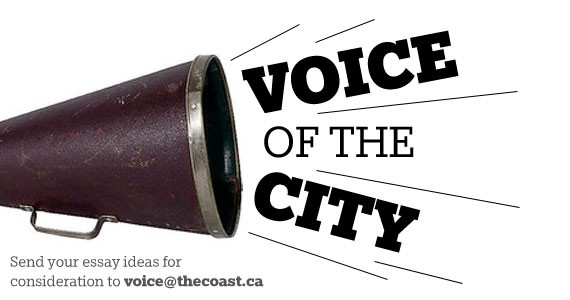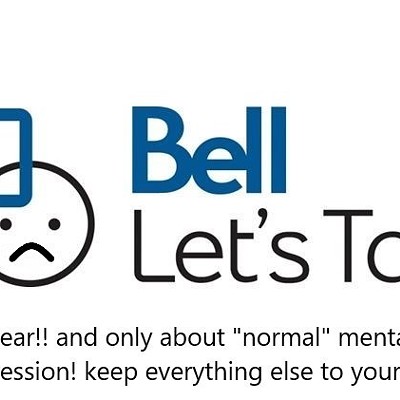On December 3 the United Nations recognized the International Day of Persons with Disabilities. This year's theme was "Removing barriers to create an inclusive and accessible society for all."
Throughout Halifax, the issues surrounding physical accessibility are becoming more noticeable and measures are being implemented to address them. New building construction follows strict accessibility guidelines and some older buildings are being retrofit with ramps, accessible washrooms and automated doors.
But as more people work, socialize and self-educate online, are their electronic accessibility needs being met?
Software such as screen readers (programs that translate text to audio) and text magnifiers have made navigating the internet, whether on a standalone computer or a smart phone, a far less arduous task for someone with some degree of vision loss. As long as they're navigating websites that support such technology, that is.
In 2004, Donna Jodhan, an Ontario woman and MBA holder who has been blind since birth, ran into difficulty trying to apply for a job on the Government of Canada's website. This, despite the fact that Canada had agreed to adopt standards known as Web Content Accessibility Guidelines. In 2006, Jodhan launched legal action against the federal government, arguing that she was being discriminated against by not having equal access to the information available to other Canadians. Four years later, federal court justice Michael Kelen agreed, and ordered the government to comply.
Today, web accessibility has become part of the infrastructure of both the Ontario and Quebec governments, and all municipal websites within the two provinces follow the basic international web accessibility standards, found at w3.org.
So how are we doing in Halifax?
David Berman, an Ottawa-based accessibility consultant and an advisor to the United Nations on design and information technology, agreed to take a look at the city's website, halifax.ca, the clearinghouse for everything from election information to transit schedules to police and fire services.
Berman's verdict: "I don't see a process going on where someone seems to be methodically [making the website accessible]. I see the site having substantial gaps in accessibility.
"They're doing a lot of things right," he continues, "but they still have a lot of things that need to be repaired. Most of it isn't that difficult."
"They're a municipal government," says Robert Pearson, a director at Accessible Media Inc. (he and I work together). "They need to be accountable to all of their citizens. By having a partially-inaccessible website, they are excluding a portion of their citizenry."
Pearson also pointed out a number of useful online tools designed to test a website's accessibility. The first, at validator.w3.org, was developed by the same people who developed the international accessibility guidelines and the HTML programming language. A cursory run through a handful of pages on the HRM website show a number of errors. Some affect accessibility, though many do not.
A second tool, available via tinyurl.com/checkPDF, allows you to test PDF files for accessibility. As many government documents are posted online as PDFs, this is extremely handy. We checked eight documents available on the city's website, including the 2010-2011 budget report, the 2010 capital ideas report, the most recent council minutes, the audit of the 2012 Electronic Voting Process and the 2013 garbage collection schedule. None of the documents were in full compliance, and some were compliant in only one of the 14 areas tested for accessibility.
According to Catherine Keiran, communications manager for the Atlantic division of the CNIB, HRM has close to 14,000 residents who are blind or partially-sighted, and this number is expected to double within the next 20 years due to our aging population.
"I think in a decade we're going to come to the point where internet accessibility is going to get to the mainstream, says Berman. "We happen to live in this time where folks, whether you're a journalist or whether you're a designer, you have the opportunity to show the world how messages can be shared with everyone. And this is perhaps the first generation where that's really been possible. It's a remarkable privilege. I think because we can do it, we've got to do it."
Russell Gragg is the national managing editor for Accessible Media Inc., a not-for-profit news and information service for print-restricted Canadians. Prior to that he spent two decades in radio and print media. He lives in Halifax..
Send your essay ideas for consideration to [email protected]

















